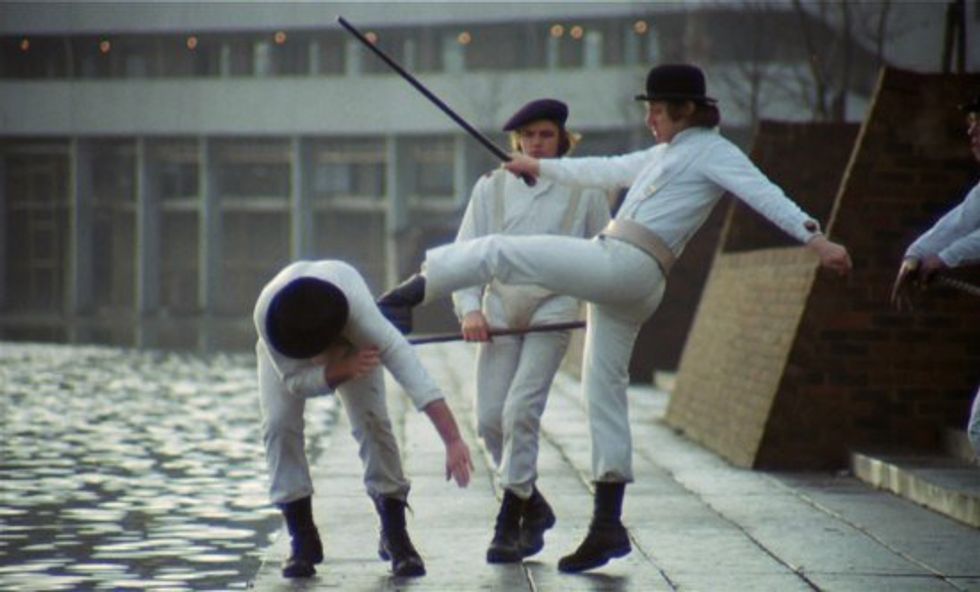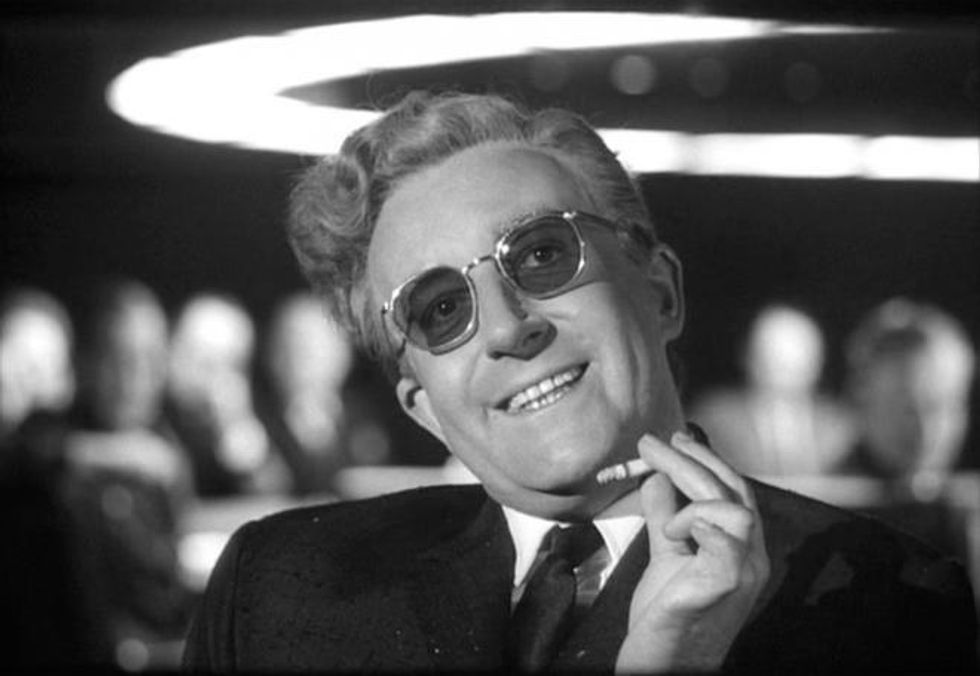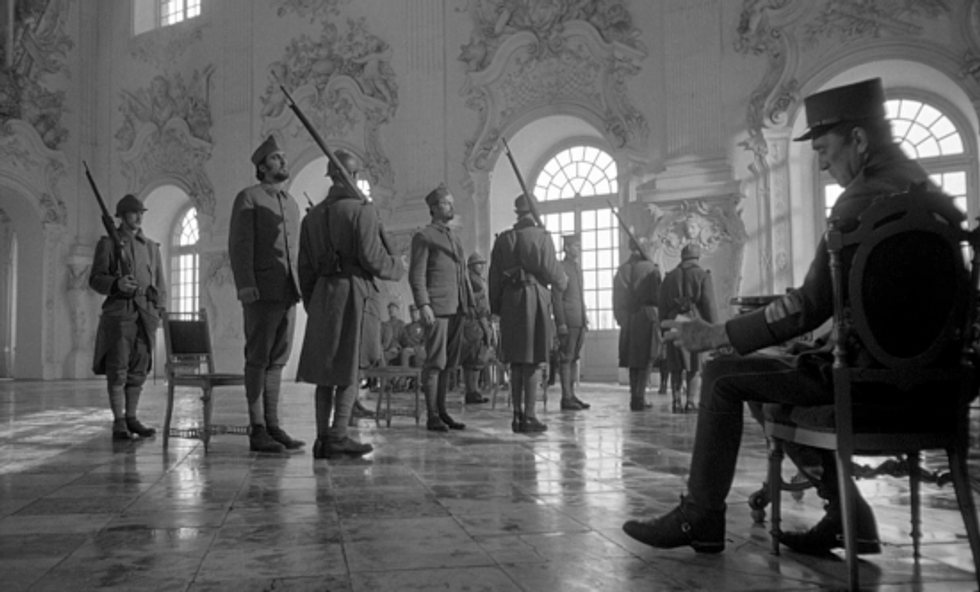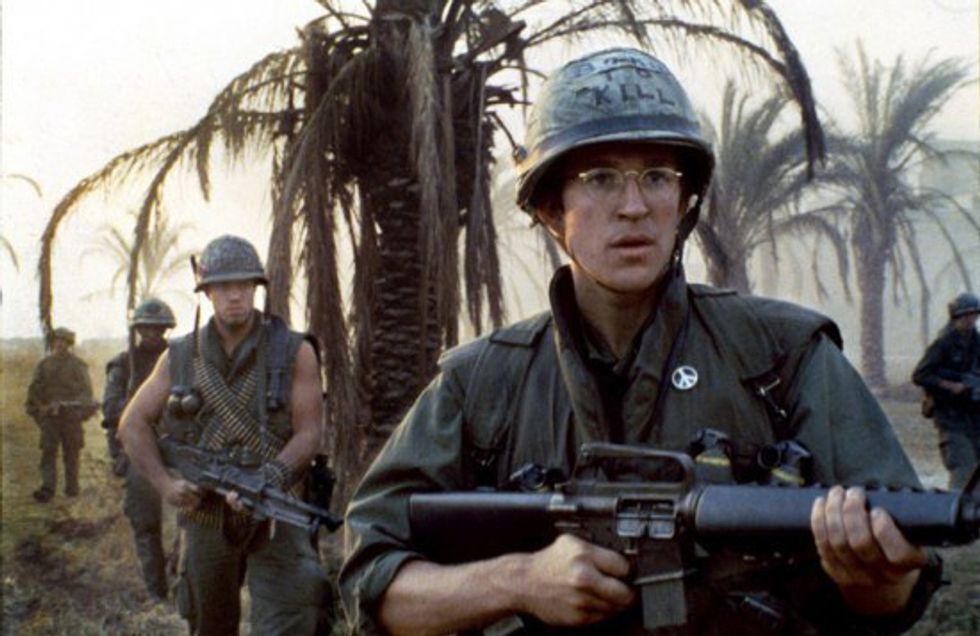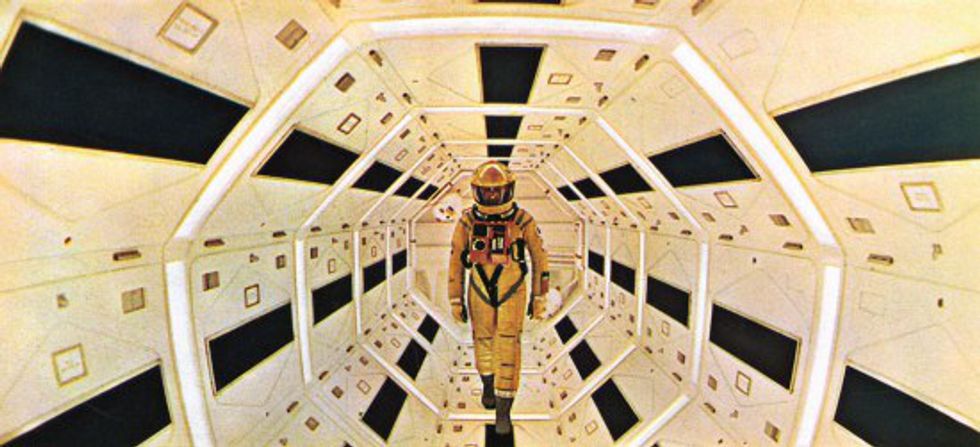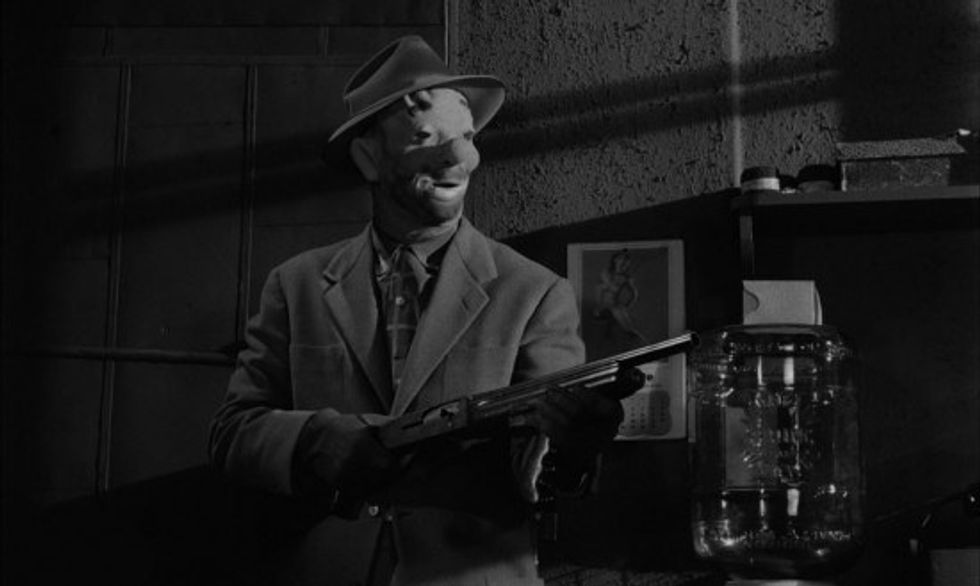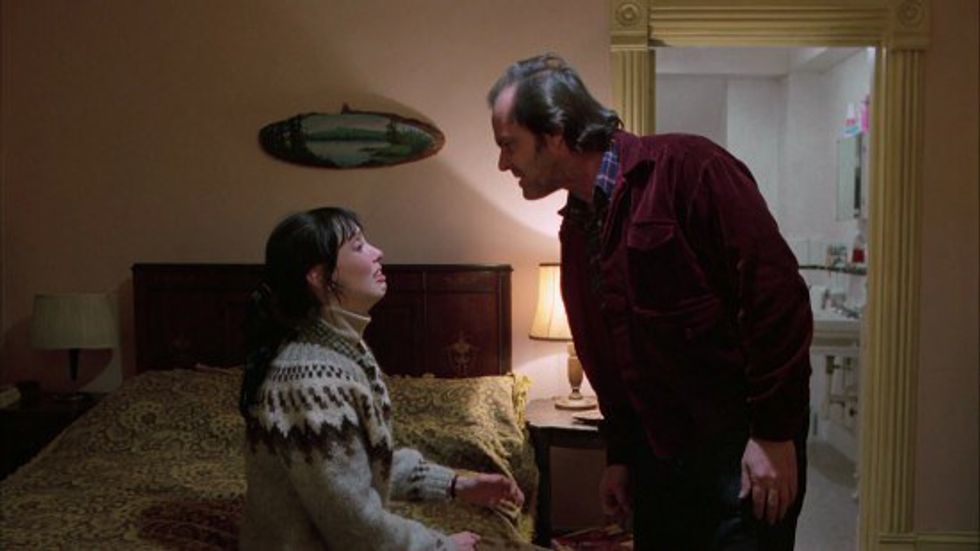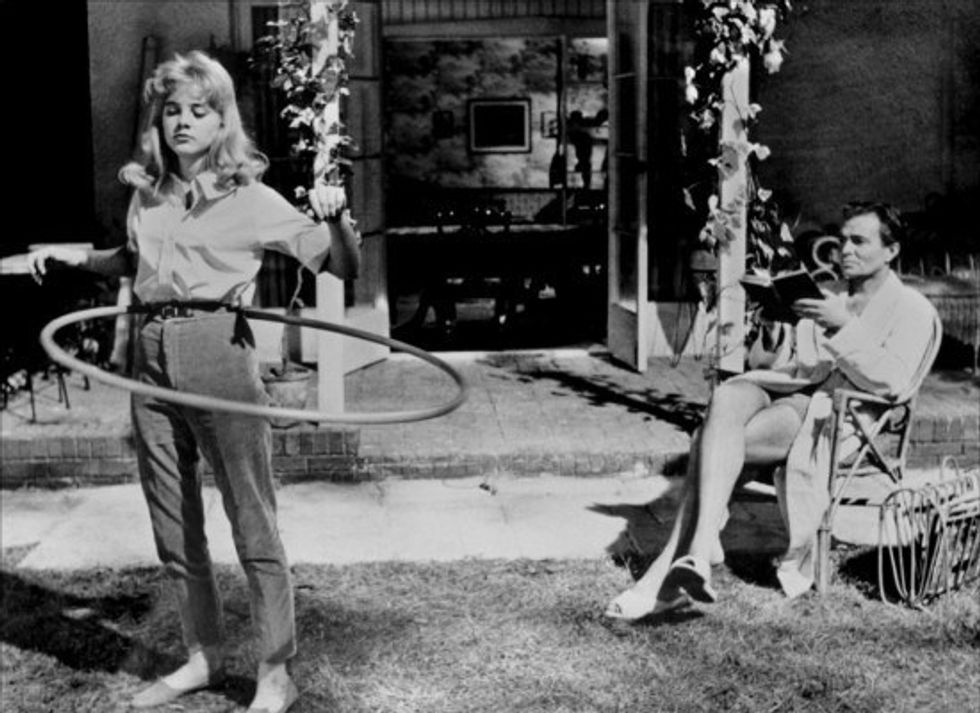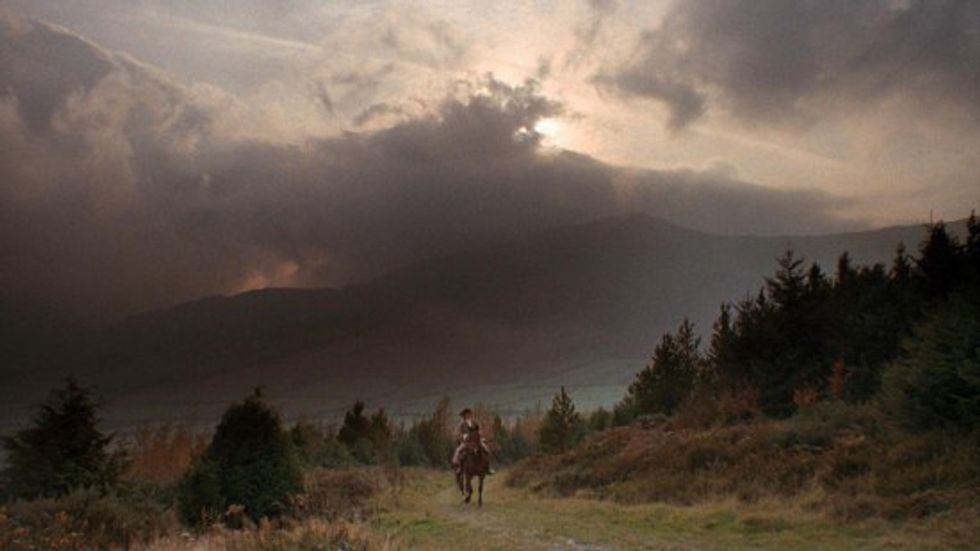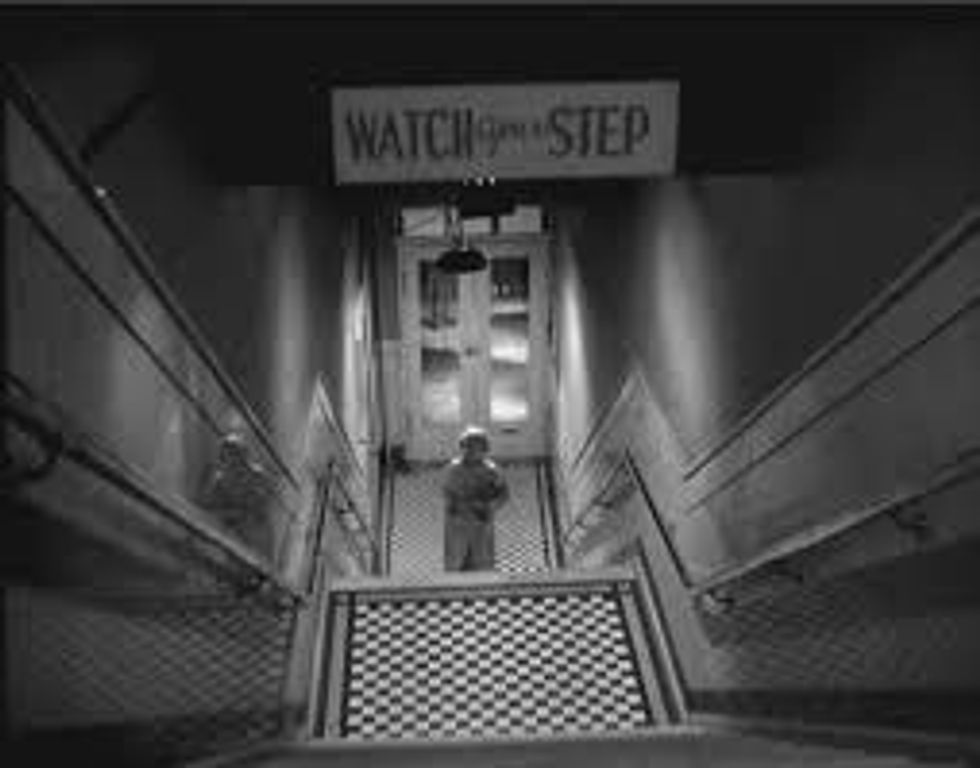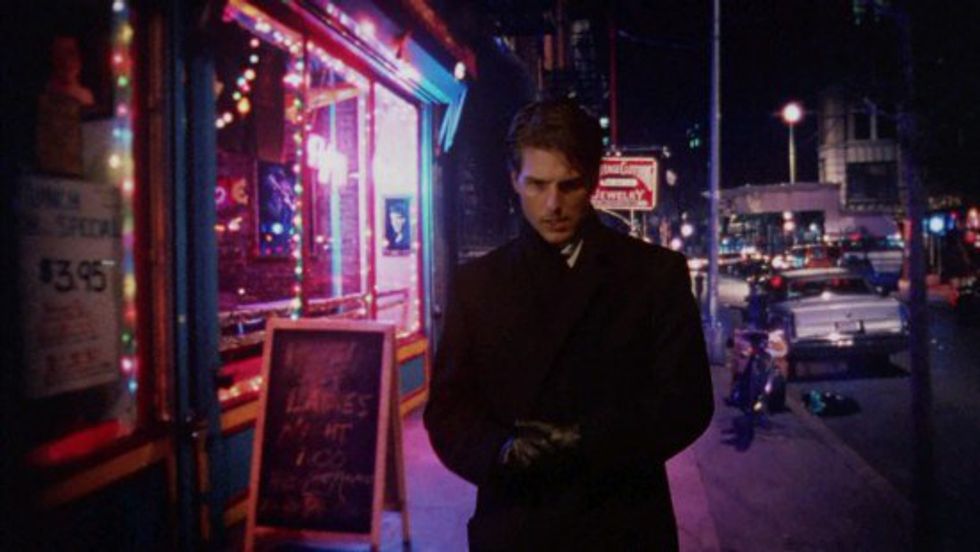Stanley Kubrick - a true international man of mystery. He leaves us with the legacy of being one of the most astonishing filmmakers in all of cinematic history. With a filmography of thirteen films, Kubrick always pushed the boundaries of filmmaking, both in technology and content. No two films are alike.
Kubrick strived to have the best horror, the best sci-fi, the best satire, the best period piece – or, at least, the best that he could produce. This list may be unpopular, but the ranking is based on my personal taste of watching story driven films. If we were ranking it based on cinematic feats, this list would look completely different. But let's get to it.
1. A Clockwork Orange (1971)
I used to cry anytime I knew that A Clockwork Orange was about to play and I was going to be expected to watch it. However, it has grown to be one of my favorite Kubrick films. The concept of morality and choice to be good, bad, violent and the likes is not so much analyzed and understood in the film. Rather, Kubrick is less focused on developing the character in the film and more focused on pulling the feelings of disgust and sympathy from the audience. And trust me, feeling sympathetic for Alex feels incredibly icky. The language and art direction in the film is so interesting, you could re-watch the film over and over and pick up on new things.
2. Dr. Strangelove or: How I Learned to Stop Worrying and Love the Bomb (1964)
You're not going to find any satire better than this film which about a General which triggers the path towards nuclear holocaust and the group of politicians who try to stop it. Imagine watching this film in 1964. Based on the novel Red Alert, which most definitely wasn't a comedy, satirizing the story was one of Kubrick's biggest and most worthwhile risks. Packed with some of Kubrick's returning actors, the characters are incredibly comical, and Kubrick's directing choices are evident.
3. Paths of Glory (1957)
An underrated and lesser known Kubrick flick, this film was shot in Germany and stars Kirk Douglas as a French General commanding an army in trench warfare. It's simply a good story, fine acting, and great camerawork.
4. Full Metal Jacket (1987)
Alright, so this films actually DID mess me up. My parents were Vietnamese refugees and I had never seen a film on this war before. Put yourself in my shoes. Imagine being in a room full of people watching this film, and you are the only person who understands the dying Vietnamese person saying "It hurts... it hurts..." in Vietnamese, over and over again. Yeah, messed me right up. The rest of the film does this as well. It's broken into two segments, the first taking place during training and the second after deployment to Vietnam. It's full of uncomfortably hilarious insults, a Heart of Darkness-esque duality of man concept, and several surprises.
5. 2001 Space Odyssey (1968)
Originally, this film was further down my list because I find it incredibly slow with little story up until the very end, but I reconsidered. Technological accomplishments aside, 2001 Space Odyssey serves as a vessel for us to step into the film and really feel the open loneliness, chaos, and curiosity that comes with being in space.
6. The Killing (1956)
I am a big fan of this film. It's about an assuming group of people desperate for money, so they follow ex-convict/nice guy Johnny Clay in his fool-proof robbery at the racetrack. Each actor is perfectly type-casted in each role, and it employs a non-linear narrative to showcase each character's jobs which happen simultaneously. This is one of the first films that truly and subtly shows Kubrick's view of the world- unsympathetic.
7. The Shining (1980)
Perhaps the most popular Kubrick film for our generation, The Shining certainly entertains and terrifies. I believe this was one of the first films to employ a steady cam, perfect for those shots of running through the snowy maze. The creepy hallway scenes and superb acting (or in Shelley Duvall's case, true terror) are the strong suits to this film.
8. Lolita (1962)
"How did they ever make a movie of Lolita?" is placed right on the movie poster. This classic controversial tale is crafted to subtle humor in this adaption. Kubrick's typical no-hero story is perfected in this film. Also, we get the wonderful Peter Sellers playing several characters.
9. Barry Lyndon (1975)
Rags to riches to rags. Kubrick cares not to leave any element of surprise, but continuously reminds the audience of the poor misfortune of Barry Lyndon. In fact, the narrator often tells us how the story plays out before it actually happens. Lit completely by natural light or candlelight, Barry Lyndon is a beautiful film. You're just sort of confused at whether or not you should like him, and just watch him stumble through life.
Tie for last place: Killer's Kiss and Eyes Wide Shut
One of Kubrick's first films and Kubrick's last film are tied because honestly I haven't seen Eyes Wide Shut, so I can't exactly give it last. I also didn't feel like omitting it even though I do omit Kubrick's first feature, but I'm sure he'd appreciate that. Killer's Kiss is oddly shot without sound, so all the dialogue is voiced over with studio recordings. It's not a bad film and it showcases Kubrick's street photography influence, but it's nothing to marvel over.
And of course, I omit Spartacus because my homie Stanley Kubrick probably wouldn't have wanted to see it on a list associated with his name. Well, that's all folks! Let me know what you think of the list. I'd love to compare it with your own Stanley Kubrick rankings.




